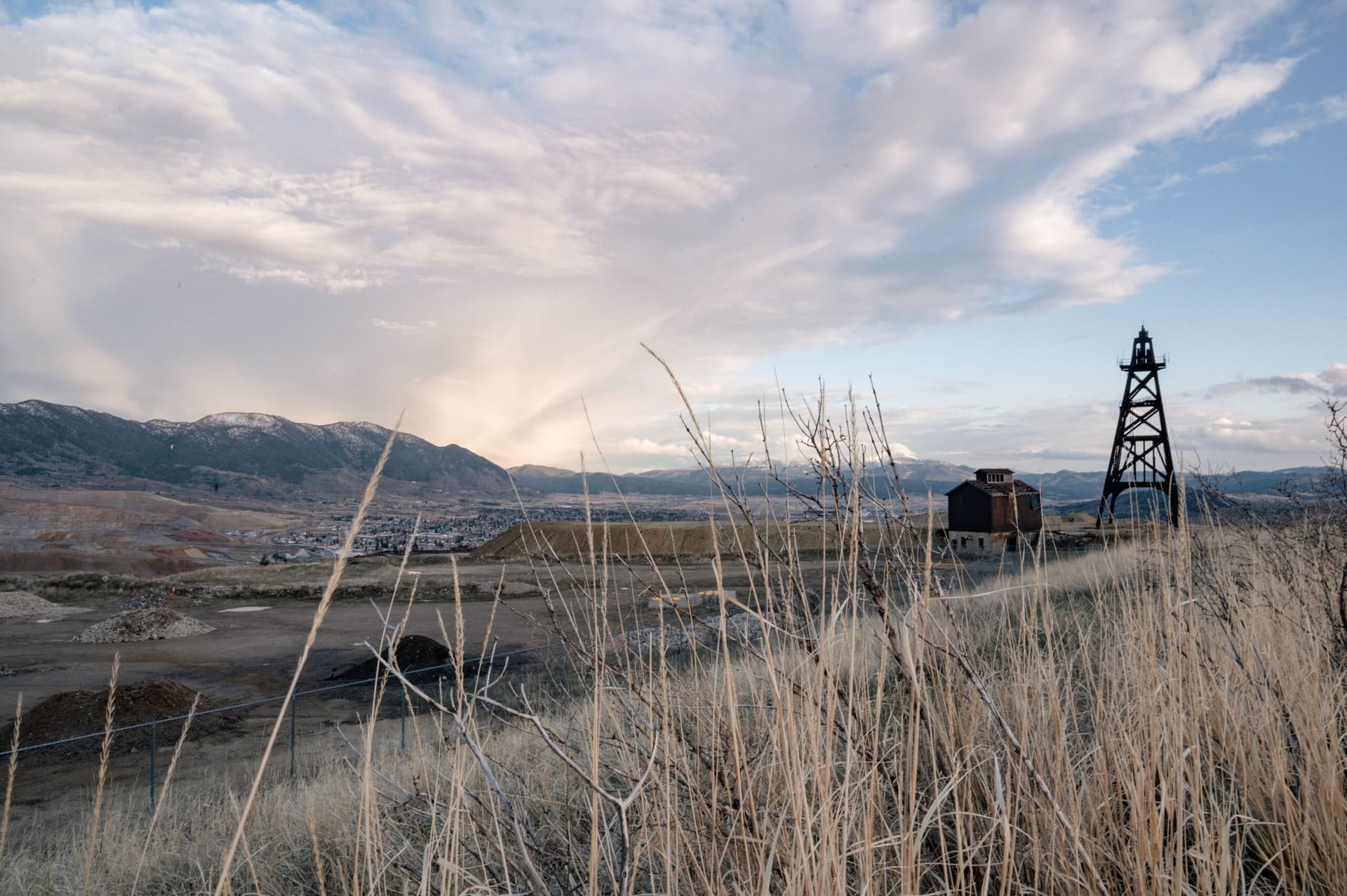Senate Advances Measure to Reopen Powder River Basin Coal
The Senate on November 20 advanced legislation to reverse a Biden administration policy that halted federal coal sales in the Powder River Basin, the nation s most productive coal region. The move signals a sharp pivot by a Republican controlled Congress toward expanding fossil fuel production, with implications for jobs, climate policy, and energy markets.

On November 20 the Senate advanced legislation that would restore federal coal sales in the Powder River Basin in northeastern Wyoming, reversing a Biden administration policy that had halted such transactions. The motion, reported by the Associated Press, is part of a broader effort by a Republican controlled Congress to expand fossil fuel production and sales, and the measure was expected to be signed by President Trump if it clears the final legislative steps.
Supporters in Congress portrayed the action as a defense of jobs and domestic energy supplies in a region that has long supplied a large share of the nation s coal. They argue reopening access to federal leases will provide economic relief to coal communities and strengthen energy availability at a time of geopolitical uncertainty. For lawmakers who represent energy producing states, the legislation represents a concrete reversal of the prior administration s pause on federal coal sales.
Opponents contend the measure undermines national and international climate commitments by locking in new sources of emissions at a moment when coal demand has been declining. Environmental groups warn that new federal coal leases could saddle taxpayers with long term environmental and financial liabilities and that expanding supply may postpone investment in cleaner energy alternatives. They argue the policy shift runs counter to broader trends in U.S. power generation where natural gas and renewable resources have displaced coal in many electricity markets.
The policy change carries institutional consequences for federal land and resource management. Federal agencies that oversee mineral leasing on public lands would be expected to move from a position of constraint to active sales and permitting, altering workflows and priorities in Interior Department bureaus responsible for oversight. For regional economies in Wyoming and surrounding states, the immediate effect will depend on market conditions, existing mine capacity, and buyer demand from utilities and exporters.
The legislative advance also highlights the interplay between congressional majorities and executive priorities. Reversal of a prior administration s moratorium reflects how shifts in political control can produce swift changes in natural resource policy. The decision may shape the political landscape in energy producing states ahead of future elections by giving local officials and labor groups reasons to support the current administration s approach, while energizing environmental constituencies and climate advocates who view the move as step away from emissions reductions.
Market analysts and energy economists note that restoring access does not guarantee a return to historical production levels, given broader trends in electricity generation and global coal markets. Still, the change is likely to influence planning for coal companies, utilities, and state governments as they reassess long range investments and community transition strategies.
As the measure moves toward final passage and a presidential signature, the debate over its merits will center on competing priorities: immediate economic support for coal dependent communities and longer term commitments to reduce greenhouse gas emissions while managing the fiscal and environmental responsibilities tied to public lands.


